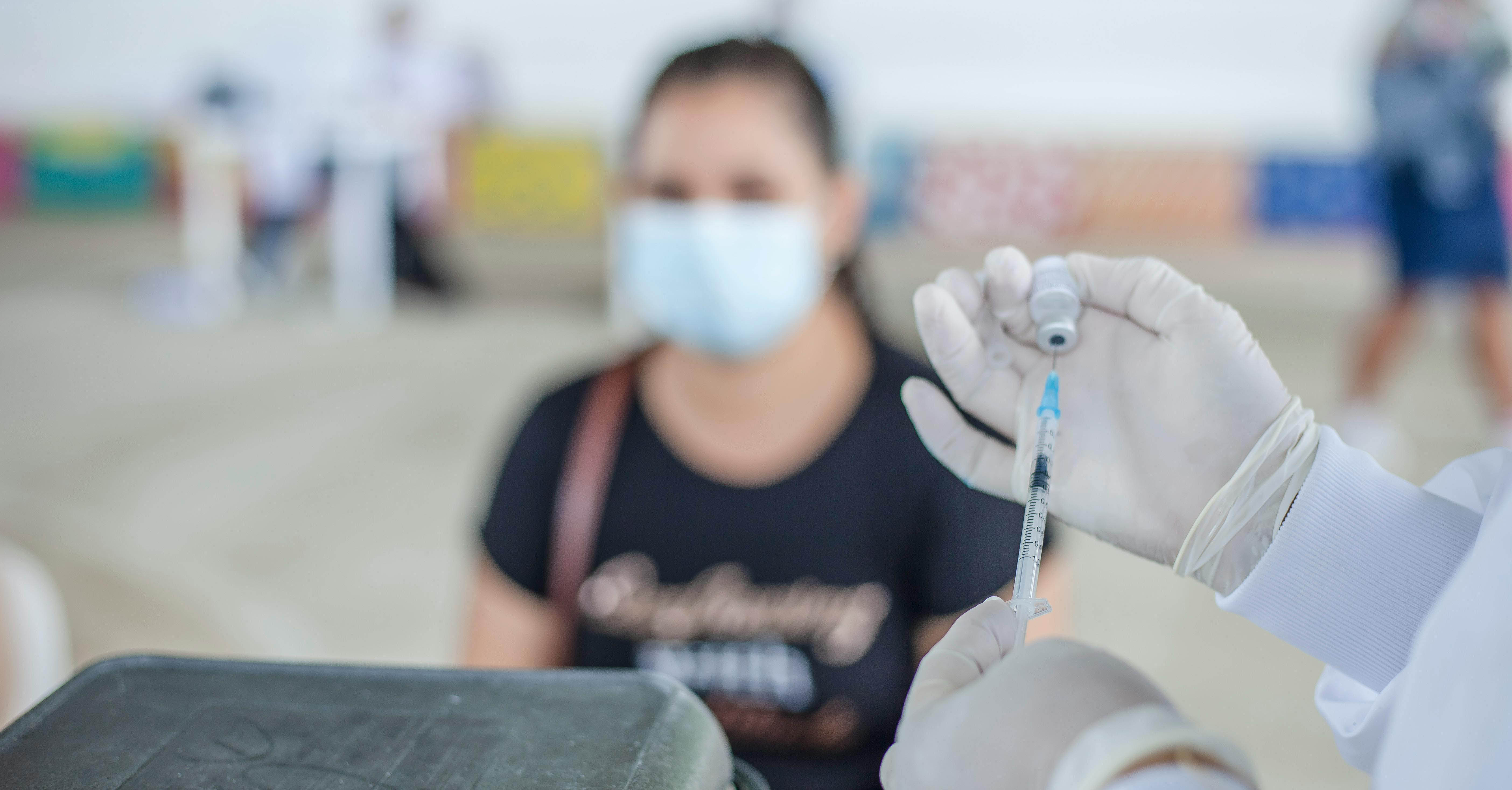A ripple effect of cutting global vaccine programs

Q&A with Abram Wagner
Assistant Professor of Epidemiology and Global Public Health
Abram Wagner, assistant professor of Epidemiology and Global Public Health at the University of Michigan School of Public Health, discusses implications of the U.S. potentially ending global vaccine programs.
In your opinion, should the U.S. fund vaccines for other countries?
There are several compelling reasons for the United States to support global vaccination efforts. First, many vaccines are developed and manufactured in the U.S., so expanding international access to vaccines often involves increasing domestic production, supporting American jobs, sustaining innovation and reducing per-dose costs through economies of scale.
Second, while it's essential that U.S. tax dollars prioritize the health and well-being of American citizens, it's also important to recognize that the U.S. benefits economically and strategically from a healthier global population. The U.S. is deeply integrated into international trade networks, and global public health challenges—such as pandemics—can disrupt supply chains, travel and economic stability. By investing in vaccines globally, we help prevent outbreaks that can cross borders and impact American lives and livelihoods.
Do vaccine programs such as these bring other benefits to citizens of those countries besides preventing illnesses that may kill them? What about benefits for Americans?
Yes, vaccine programs bring broad and lasting benefits beyond the immediate prevention of illness and death. Many of the diseases targeted by global vaccine initiatives, such as measles or polio, are highly contagious. By increasing vaccination rates worldwide, we reduce the likelihood of these diseases spreading across borders, protecting American travelers and reducing the risk of reintroduction into the U.S.
There are also long-term benefits for both global and American populations. When diseases are eliminated globally, the need for routine vaccination can eventually be phased out. We've already seen this with smallpox, which was eradicated through international cooperation. If we successfully improved vaccination rates globally for diseases like polio and measles, children in the U.S. would no longer need these vaccines.
Are there certain diseases that are of most concern? Do they affect U.S. citizens?
I'm concerned about measles. Although it is no longer considered endemic in the United States, it remains highly prevalent in many countries. Every measles case we see in the U.S. now originates from international travel, either directly or through close contact with someone who became infected abroad.
Measles is among the most contagious infectious diseases, and its spread can be costly. Public health responses, including contact tracing, emergency vaccination campaigns and community outreach, can cost an estimated $10,000 to $50,000 per case.
Measles is deadly. Before the vaccine became widely available, the U.S. saw between 300 and 500 measles-related deaths each year, primarily among children. Maintaining high global vaccination rates helps protect American communities and keeps the disease from reestablishing a foothold here.
What is the downside to the U.S. playing such a major role in vaccinating citizens of other countries?
Vaccines are among the most cost-effective public health interventions we have. With large-scale procurement, per-dose costs decrease even further, making global vaccine campaigns a high-value investment. These efforts also generate substantial political goodwill and strengthen diplomatic ties. Public health collaboration can open doors for broader partnerships and contribute to global stability. The downside is the financial cost.
What are you most concerned about as the U.S. cuts programs like this, funding to food banks, among other cuts being made to save U.S. tax dollars?
What concerns me most about cuts to programs like global vaccination efforts or domestic food assistance is that they undermine the systems we rely on to promote equity and resilience. Government programs are uniquely capable of reaching large numbers of people and ensuring access to essential services, particularly for those who would otherwise be left out. Wealthier individuals will always be able to purchase food, health care and vaccines. The real challenge is ensuring that access isn't limited to those with means.
Social programs play a critical role in linking people, especially those in rural areas, to care. In many parts of the country, it simply wouldn't be cost-effective for private providers to operate without public investment. These programs are often the only lifeline connecting rural communities to consistent health services, preventive care and emergency resources. Without them, rural areas would face even greater barriers to accessing basic services, worsening health disparities and economic hardship.
When we cut these programs, we're not just tightening budgets, we're pulling apart the safety net that protects millions of Americans. Taxes are a collective investment in a society where everyone has a fair shot, regardless of where they live or what they earn. Dismantling that infrastructure risks both public health and social cohesion in the long term.
What would you say to people who believe the U.S. should be less involved in other countries and focus on American citizens, that it is not the government's job to fund humanitarian projects?
I absolutely agree that the U.S. has a responsibility to care for its citizens, but that responsibility doesn't end at our borders. In today's interconnected world, public health is global. Diseases do not respect national boundaries, and outbreaks elsewhere can quickly become outbreaks here. Preventing the spread of vaccine-preventable diseases abroad protects American lives, reduces health care costs and shields our economy from disruption.
Strong global health systems also support the stability of international supply chains. American businesses rely on global markets for raw materials, labor and distribution. When other countries are healthier, they are more reliable trade partners and more robust economic contributors. Investing in global health is not charity, it's economic common sense.
There's also a strategic dimension. Humanitarian assistance, including vaccine programs, builds goodwill and strengthens America's global leadership. These efforts enhance our soft power by building trust and fostering cooperation.
Media Contact
Kim North Shine
Senior Public Relations Representative, Health Sciences
Michigan News
[email protected]
313-549-4995
